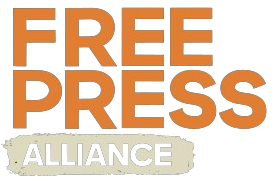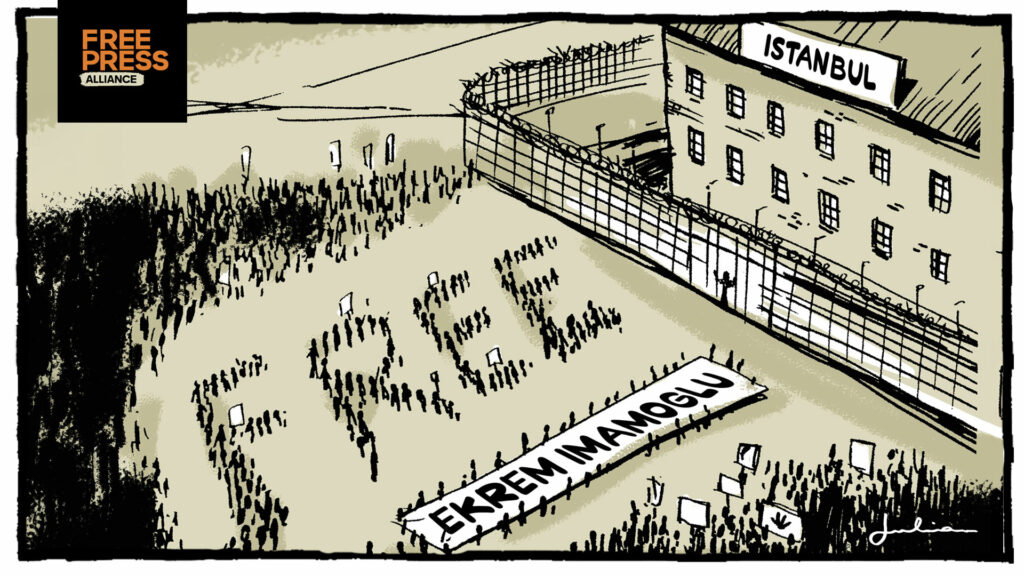The arrest of Istanbul Mayor Ekrem İmamoğlu on corruption charges has sparked nationwide protests and raised critical questions about press freedom in Turkey. The crackdown on journalists covering the events highlights a growing trend of media suppression, which threatens democratic principles and the public’s right to information.
A Press Under Attack
Turkey has long been criticized for its deteriorating press freedom. İmamoğlu’s arrest has intensified these concerns, as multiple journalists were detained while covering protests against his imprisonment. Press organizations have condemned these actions, emphasizing that journalism is not a crime and that the detentions serve to intimidate the media from reporting on government opposition.
In addition to physical violence against reporters, Turkish authorities have extended restrictions on independent news outlets and intensified online censorship. This aligns with previous patterns in which opposition voices are systematically silenced through legal actions, arrests, and media blackouts.
The Political Motive Behind İmamoğlu’s Arrest
Many analysts view İmamoğlu’s arrest as part of a broader strategy to weaken political opposition ahead of elections. The Istanbul mayor, seen as a key rival to President Erdoğan, has gained significant popularity and posed a challenge to the ruling party’s grip on power. By targeting both opposition leaders and the press, the government is tightening its control over the political narrative.
The Republican People’s Party (CHP) has called for early elections, arguing that İmamoğlu’s arrest is an attempt to manipulate the political landscape. The mayor himself has dismissed the charges against him as politically motivated, calling on citizens to resist what he describes as a deliberate attack on democracy.
A Global Concern for Press Freedom
Turkey ranks among the worst countries for press freedom, with journalists frequently facing imprisonment under vague terrorism or defamation laws. The recent wave of arrests has drawn international condemnation, with media watchdogs and human rights organizations urging the Turkish government to respect the role of the free press.
The response from the international community will be crucial. If Turkey continues down this path of suppressing independent journalism, it risks further diplomatic isolation and economic consequences. The global press community has called for solidarity, emphasizing that the suppression of journalists is a warning sign of deeper democratic erosion.
Conclusion: The Future of Free Press in Turkey
The events surrounding İmamoğlu’s arrest underscore the fragile state of press freedom in Turkey. As the government tightens its grip on both opposition figures and the media, the space for free and independent journalism continues to shrink. The coming months will be a decisive test for Turkey’s commitment to democratic principles, and the role of international pressure may prove critical in shaping the outcome.

